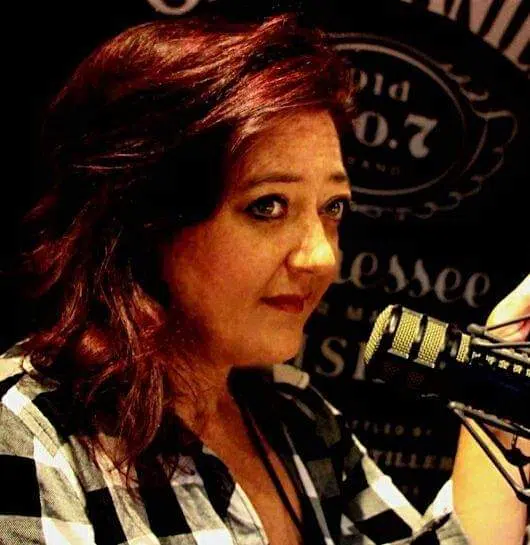By John Kruzel
WASHINGTON (Reuters) -The U.S. Supreme Court on Monday sidestepped a conservative group’s challenge to Virginia Tech University’s policy for monitoring and reporting allegations of bias against LGBT people, racial minorities, religious groups and others, finding the case was moot.
The justices threw out a ruling by the Richmond, Virginia-based 4th U.S. Circuit Court of Appeals that had declined to block the school’s policy and ruled that the organization lacked the proper legal standing to sue. Virginia Tech had urged the Supreme Court to turn away the group’s appeal, saying the case is moot because the school’s bias-response protocol was already discontinued.
The challenger in the case was Speech First, a group that on its website says it is fighting a “toxic censorship culture on college campuses.” The group has filed lawsuits challenging speech policies put in place by at least five universities.
The group’s 2021 lawsuit against Virginia Tech President Timothy Sands sought to block the school, located in Blacksburg, Virginia, from enforcing its “Bias Intervention and Response Team” protocol.
The policy defined “bias incidents” as “expressions against a person or group” based on categories that include race, disability, gender identity, sexual orientation, religion, political affiliation “or any other basis protected by law,” according to court records.
Reported incidents of bias – which could be filed anonymously online – were reviewed on a weekly basis by a group of university administrators known as the Bias Intervention and Response Team, a panel that also included representatives from student groups and the Virginia Tech police department, court records show.
In the lawsuit, Speech First said the free speech rights under the U.S. Constitution’s First Amendment of its student members at Virginia Tech were violated by the Virginia Tech bias-response team. Speech First called this team “a literal speech police” whose presence on campus “objectively chills” student speech, especially with regard to opinions seen as controversial or unpopular.
Virginia Tech had urged the Supreme Court to turn away the group’s appeal as moot, and said in court papers that the justices that “its bias protocol was always subordinated to the First Amendment.”
Speech First, in response, told the justices that the policy’s inactive status should not deter the court from hearing the case, saying “the law doesn’t let respondents unilaterally pull the plug on a policy that they maintained for years and still defend, just in time to prevent this court’s review.”
The issue of free speech on college and university campuses has become a flashpoint in the U.S. culture wars, with some liberals citing the need to counter hate speech and some conservatives saying schools have enacted policies aimed at silencing views on the right.
U.S. District Judge Michael Urbanski in 2021 denied Speech First’s request to block the Virginia Tech policy. The judge also ruled that the group lacked the legal standing to sue because it had failed to demonstrate “that its members have an intention to engage in a course of conduct that is proscribed by” Virginia Tech’s protocol, finding that in fact the school’s anti-bias policies “do not proscribe anything at all.”
(Reporting by John Kruzel; Editing by Will Dunham)






Comments